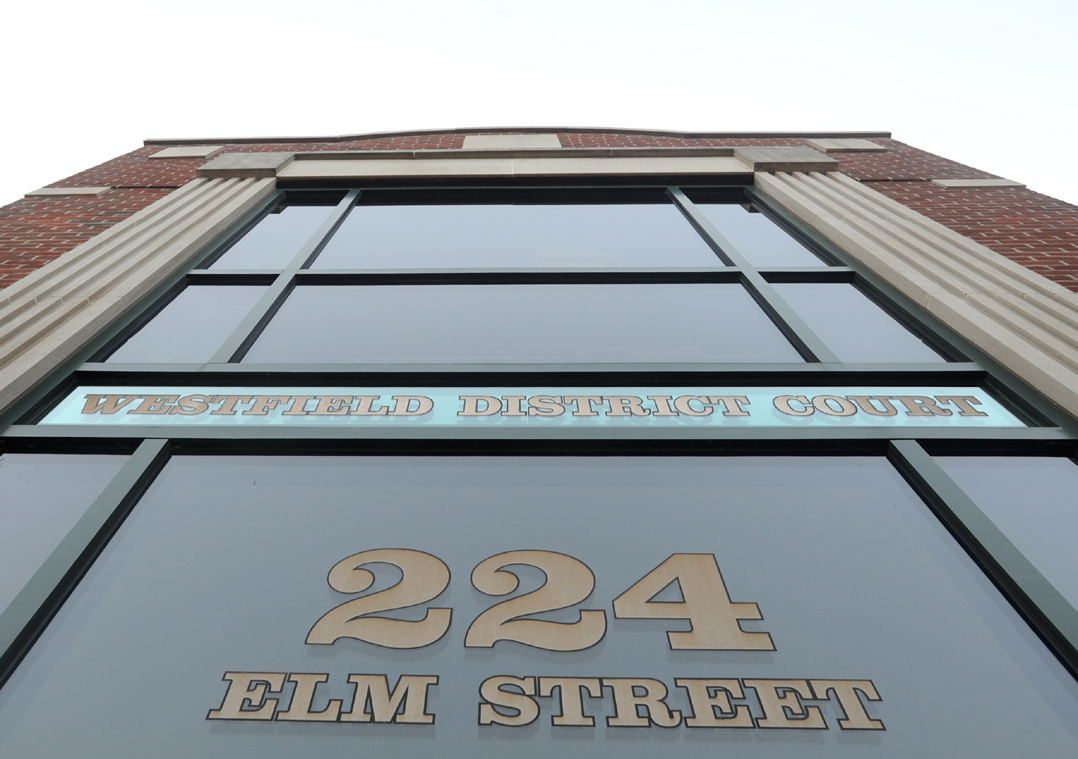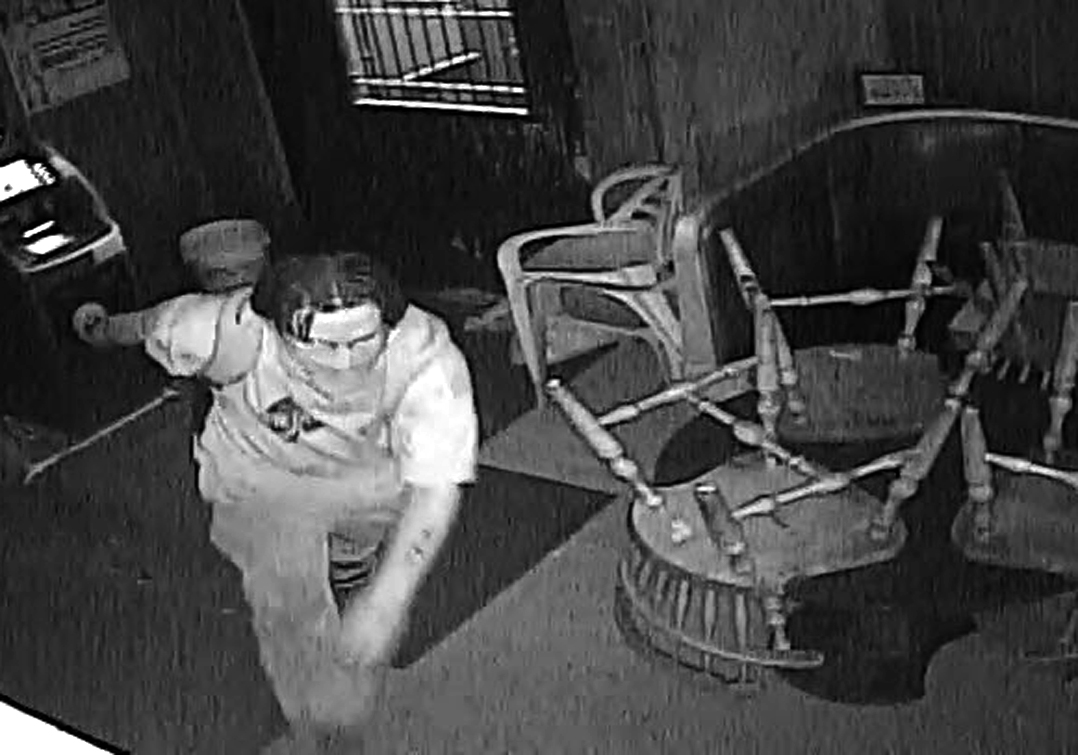WESTFIELD – Senior citizens are often targeted by swindlers who sometimes can convince them to dispatch money which, almost invariably, is never seen again.
But one 94-year-old man, who sent $25,000 in response to a “Jamaican lottery scam”, got his money back thanks to the intervention of his banker and the efforts of city police.
“This is the first time I ever got anything back” said Det. Todd Edwards of the financial crimes unit of the city’s Detective Bureau “in the eight years I’ve been chasing down stuff like that.”
Edwards said that the crime came to his attention when a Berkshire Bank representative queried the man about a second $25,000 withdrawal he was making.
Warned by the bank staff that he was probably the victim of a scam, the victim spoke with Edwards and explained that he had been called by a representative of a nationally known giveaway, the Publisher’s Clearing House Lottery, and advised that he had won $2 million in the lottery.
The man said that he initially told his caller that he was not interested in the lottery but the man convinced him to claim the prize.
Edwards explained that the way the classic “Jamaican lottery” scam works is that the victim is told that there are taxes and fees which must be paid in order to collect a lottery prize.
In the recent case, the victim was convinced to send a bank cashier’s check for $25,000 to a Louisiana address to pay for the expenses involved in claiming the prize. The man did as he was asked but soon received another call.
Edwards said that follow-up calls for additional money are common when a scammer has initial success and said that is what happened in this case.
The victim got another call and was told that there was a problem with the first check and another check, for another $25,000, was needed.
When the man went back to Berkshire Bank to make another withdrawal, a staffer called police on his behalf.
Edwards said that he was able to view the address the first check was sent to via an online mapping program and found it to be a trailer park in Gramercy, Louisiana.
Finding that the small community has only a part-time police department, Edwards contacted St. James Parish Sheriff’s Department and spoke with the chief of detectives there, Det. Lt. Claude Louis Jr., who was willing to help.
“He was great” Edwards said. “He actually did it himself.”
Edwards said that Louis went to the trailer park and found the person who had received the check, Warren Simms, at a trailer different than the address used by the victim.
Edwards explained that, because of complications involved with sending money outside the country and “to give it an air of legitimacy”, scammers often employ U.S. residents to receive their fruits of their fraudulent endeavors.
He said that although caller ID systems can be “spoofed” to make it appear that the calls victims receive come from this country, scammers need a person in the country to receive the checks and forward them the money.
Edwards said that he found that the calls actually came from Kingston, Jamaica.
He said that typically the go-betweens deposit the checks in their own account and, after deducting their “fee”, forward the balance to Jamaica or wherever the scammer is operating.
Edwards said that typically the go-betweens deny any knowledge that of wrongdoings and occasionally actually don’t know that they are working for a scammer.
Simms told Louis that the check he had attempted to deposit was being held at his bank because there was a question about its legitimacy so Louis, together with a postal inspector, went to speak with the banker who agreed to return the check to Edwards.
Edwards said the funds were recovered only because “I got a lot of cooperation from Louisiana (officials)” who “did a lot of the legwork for me.”
“A lot of things could have gone wrong” he said but, because Louis was willing to personally visit the bank and because the bank had happened to hold the check because of three was a possibility it was counterfeit, the victim got his money back.
“I couldn’t thank him (Louis) enough” Edwards said.
He said that when he received the check he photographed it and then personally delivered it to the victim.
Edwards said that he then walked the man from his home at The Arbors on Court Street across the road to Berkshire Bank so he could deposit the money there.
He suggested that the man change his phone number but, since the man has had his number for decades, he kept it and Edwards warned him to expect additional calls from scammers.
He said that, after a person has been victimized once, “then they get very aggressive, you’re on a list, and they try again.”
“They’re very manipulative” he said and know how to “push buttons.”
When that doesn’t work, he said, they try to scare the victims with “baseless threats” such as claiming to be from the IRS and threatening to tax them for their non-existent windfall.
The victim confirmed that the scammers haven’t given up when he said a week or so later “they’re still bothering me” but added “they’ve changed their modus operandi.”
Another city resident had reason to thank a Berkshire Bank employee about a fortnight later when the Little River Road branch manager intervened when an obviously distraught depositor was attempting to make a large cash withdrawal he said was for a ransom.
The manager called police on his behalf and Officer Harry Sienkiewicz responded to talk with the man who told him that he had received all from a U.S. consular official said that his daughter was being held in the Dominican Republic.
The resident told Sienkiewicz that ‘Capt. Neal’ of the embassy told him that his daughter was being held by a judge and he had to send a $1,735 moneygram to a woman in the Dominican Republic.
Sienkiewicz investigated and found that the man’s daughter had never left the country and was safe at her workplace.
He also discovered that the phone number which had been used to call the victim came from Cambridge but, when he called it, a woman answered it as ‘U.S. Embassy, Dominican Republic’ and transferred his call to ‘Capt. Neal’.
Sienkiewicz said that the putative embassy officials questioned his jurisdiction and denied asking for money.
However, he could provide neither the main telephone number for the embassy or an explanation for his Cambridge phone number.
Sienkiewicz consulted with the Springfield office of the FBI and advised them of the phone numbers involved, which had not previously been in their database of known scammer phone numbers.




